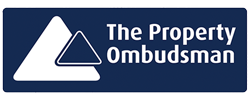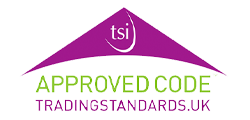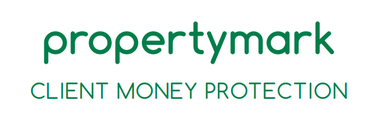Educating Landlords: Understanding Tenant Responsibilities.
As a landlord, maintaining your rental property is crucial, but it’s equally important to understand and clarify your tenants’ responsibilities regarding property inspections. Educating your tenants about their roles can lead to better property upkeep and a harmonious landlord-tenant relationship. This guide will help you inform your tenants about their responsibilities and how they can contribute to the property’s maintenance.

Why Tenant Responsibilities Matter
Ensuring tenants understand their responsibilities helps in several ways:
1. Property Maintenance: Tenants who are aware of their duties are more likely to keep the property in good condition.
2. Issue Identification: Tenants can identify and report issues early, preventing minor problems from becoming major repairs.
3. Legal Compliance: Clear communication about responsibilities helps both landlords and tenants stay compliant with tenancy agreements and housing regulations.
4. Positive Relationships: Clear expectations reduce misunderstandings and foster a positive landlord-tenant relationship.
Key Tenant Responsibilities for Inspections
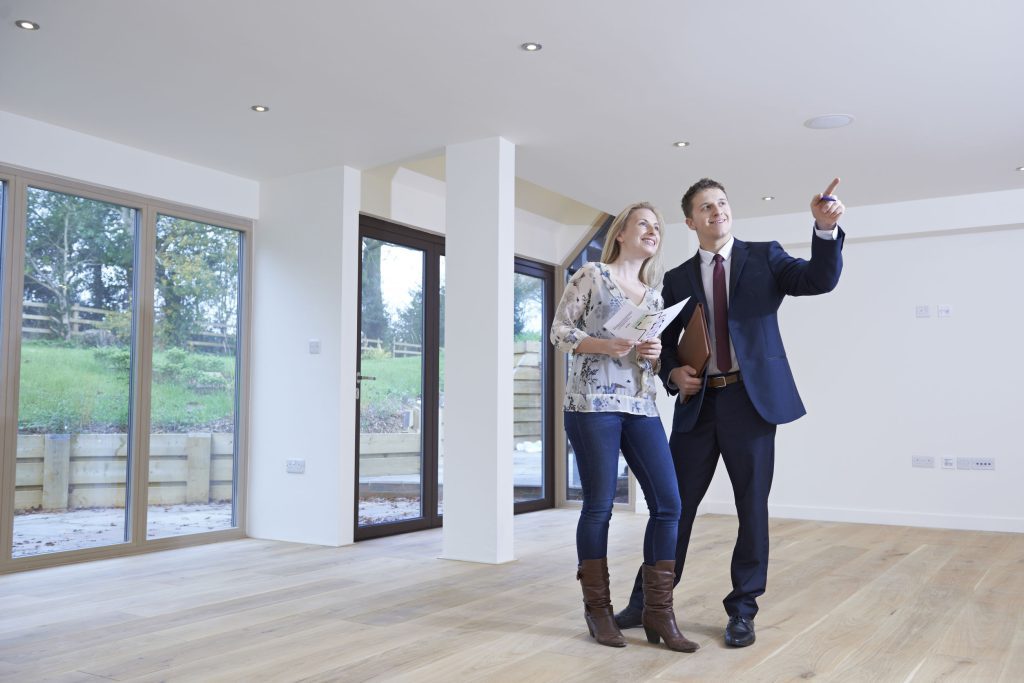
Here are the main areas where tenants play a crucial role:
1. Routine Cleaning and Upkeep: Tenants should keep the property clean and tidy, including regular cleaning of bathrooms, kitchens, and common areas.
2. Reporting Issues: Tenants must promptly report any maintenance issues or potential hazards to the landlord. This includes leaks, electrical problems, or signs of pest infestations.
3. Allowing Access for Inspections: Tenants need to allow access for scheduled inspections and necessary repairs. Proper notice should be given, usually 24-48 hours in advance, unless in case of emergencies.
4. Maintaining Safety Features: Tenants should regularly test smoke detectors and carbon monoxide alarms, replacing batteries as needed and notifying the landlord of any malfunctions.
5. Proper Use of Appliances and Fixtures: Tenants should use appliances and fixtures correctly to avoid unnecessary wear and tear. This includes not overloading electrical outlets and using heating and cooling systems responsibly.
6. Garden Maintenance (if applicable): In cases where tenants are responsible for garden maintenance, they should keep gardens and lawns in good condition, following any specific guidelines provided in the tenancy agreement.
7. Respecting the Property: Tenants should avoid causing damage to the property, such as holes in walls or damage to flooring. Any accidental damage should be reported immediately.

How to Communicate Tenant Responsibilities
1. Clear Tenancy Agreement: Include detailed responsibilities in the tenancy agreement. This ensures both parties are aware of their duties from the outset.
2. Welcome Pack: Provide a welcome pack for new tenants, outlining their responsibilities and providing tips for maintaining the property.
3. Regular Reminders: Send periodic reminders about key responsibilities, especially seasonal tasks like gutter cleaning or garden maintenance.
4. Open Communication: Encourage tenants to communicate openly about any concerns or questions they have regarding their responsibilities.
Preparing for Tenant Inspections
To ensure inspections go smoothly, tenants should:
1. Prepare the Property: Before an inspection, tenants should ensure the property is clean and accessible, and any pets are secured.
2. Be Present: While not always necessary, tenants being present during the inspection can be helpful for addressing any immediate concerns or questions.
3. Provide Feedback: Encourage tenants to provide feedback on any maintenance issues or potential improvements they notice during their stay.
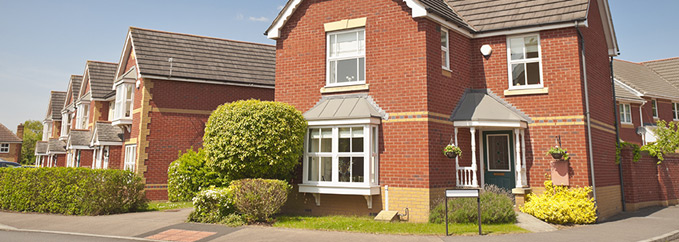
Conclusion
By clearly communicating tenant responsibilities and encouraging proactive engagement, landlords can maintain their properties more effectively and foster positive relationships with their tenants. Educating tenants on their roles in inspections not only helps in preserving the property but also ensures a safe and comfortable living environment for everyone involved.
For more advice on managing rental properties and fostering good landlord-tenant relationships, explore our other articles and feel free to share your experiences and tips in the comments below. Working together, we can create better living conditions for all.
Related Articles
Want to know how much your property is worth?
Elevating the Elmbridge property market
Visit us in Molesey
East Molesey
Surrey
KT8 9ER
VISIT US IN ESHER
Claygate
Esher
Surrey
KT10 0PD
